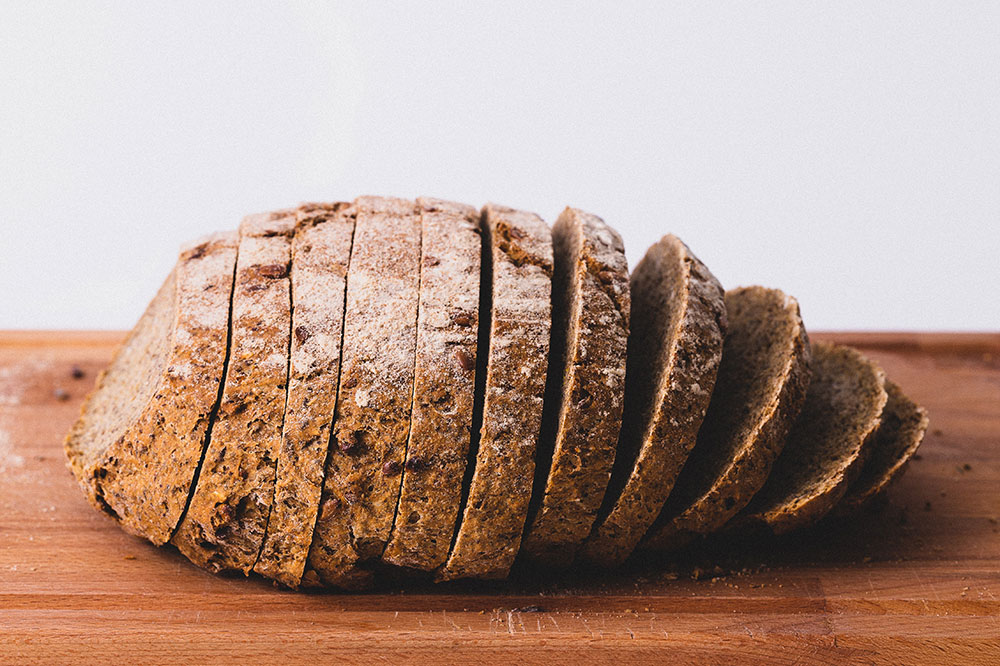
Foods That Help Manage COPD
Chronic obstructive pulmonary disease (COPD) is a lung disease that primarily affects breathing. In order to alleviate some adverse symptoms of COPD, it is crucial to chart out a healthy diet plan. A well-balanced diet also plays a significant role in maintaining a healthy body weight—this is important for someone with COPD, as weight balance, too, can add to existing health issues in this condition. Here are some foods that help manage COPD effectively:
Healthy fats
Not all fats are equal in nature and constitution. Some are healthy, while others are unhealthy. Mono- and poly-unsaturated fats are healthy fats that can help reduce cholesterol levels. And omega-3 fatty acids can combat chronic inflammation in the body, which is caused by COPD. But that’s not it: research has shown that omega-3 fats can also help improve COPD symptoms. Fatty fish, such as mackerel, salmon, sardines, and tuna, and plant-based sources like flax seeds and chia seeds are among the richest foods that contain omega-3 fats. Other healthy fat-rich foods that help manage COPD include avocados, nuts, coconut oil, olive oil, and soybeans.
Proteins
Several studies have discovered that many people with COPD lack sufficient amounts of protein, but most are unaware of this fact. Protein is an important nutrient that enables you to live healthily, while improving the overall quality of life. Experts recommend eating a protein-rich diet as it helps increase muscle mass; whereas those wanting to lose weight must replace refined carbohydrates with healthy, high-quality proteins. Some protein-rich foods to eat for COPD include pastured poultry, nuts, seeds, legumes, tofu, cheese, milk, and oily fish like sardines, mackerel, and salmon.
Fiber and phytochemicals
Doctors advise COPD patients to include a wide range of fresh, bright-colored fruits and vegetables in their diets. The science behind choosing bright-colored foods is that they are rich in plant compounds known as phytochemicals, which help reduce cell damage due to the free radicals they contain. Some vegetables containing phytochemicals include broccoli, carrots, cooked tomatoes, leafy greens, sweet potatoes, winter squash, and brussels sprouts. Vegetables and fruits are also high in fiber, and doctors encourage individuals with COPD to consume 20 to 30 grams of fiber daily through healthy sources of food. When choosing fruits, pick ones that are high in phytochemicals as well as antioxidants. These include apples, pears, oranges, grapefruit, berries, cherries, apricots, cantaloupe, watermelon, and grapes.
Complex carbohydrates
Complex carbohydrates comprise sugar molecules that are tied together to form long, complex chains. Complex carbohydrates provide the body with abundant energy. Those with COPD should consider eating fresh fruits, starchy vegetables, whole-grain foods such as bread and pasta, beans, and lentils, all of which contain plenty of complex carbohydrates. Those trying to gain weight can turn to a variety of foods containing complex carbohydrates along with healthy fats and protein. And for losing weight, refined carbohydrates must be replaced with complex carbohydrates.



